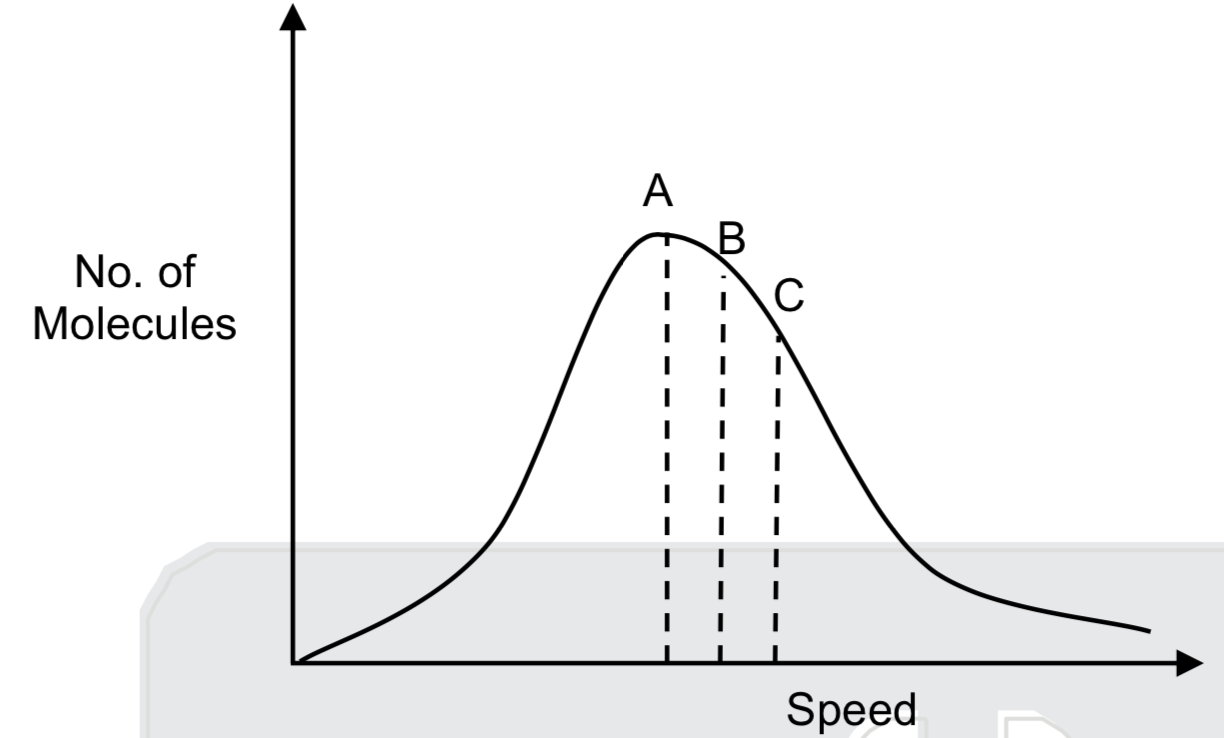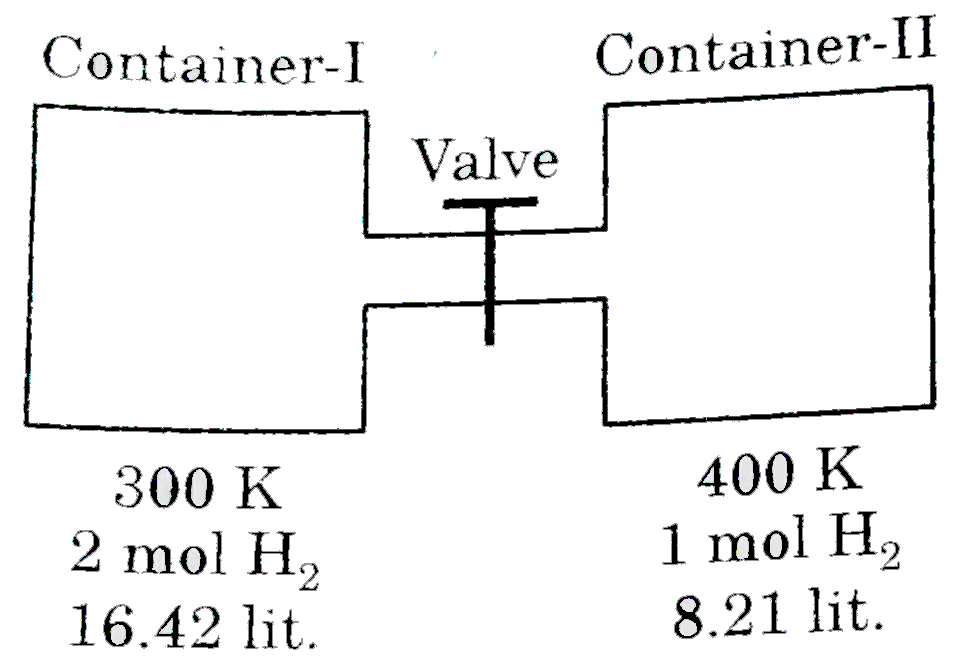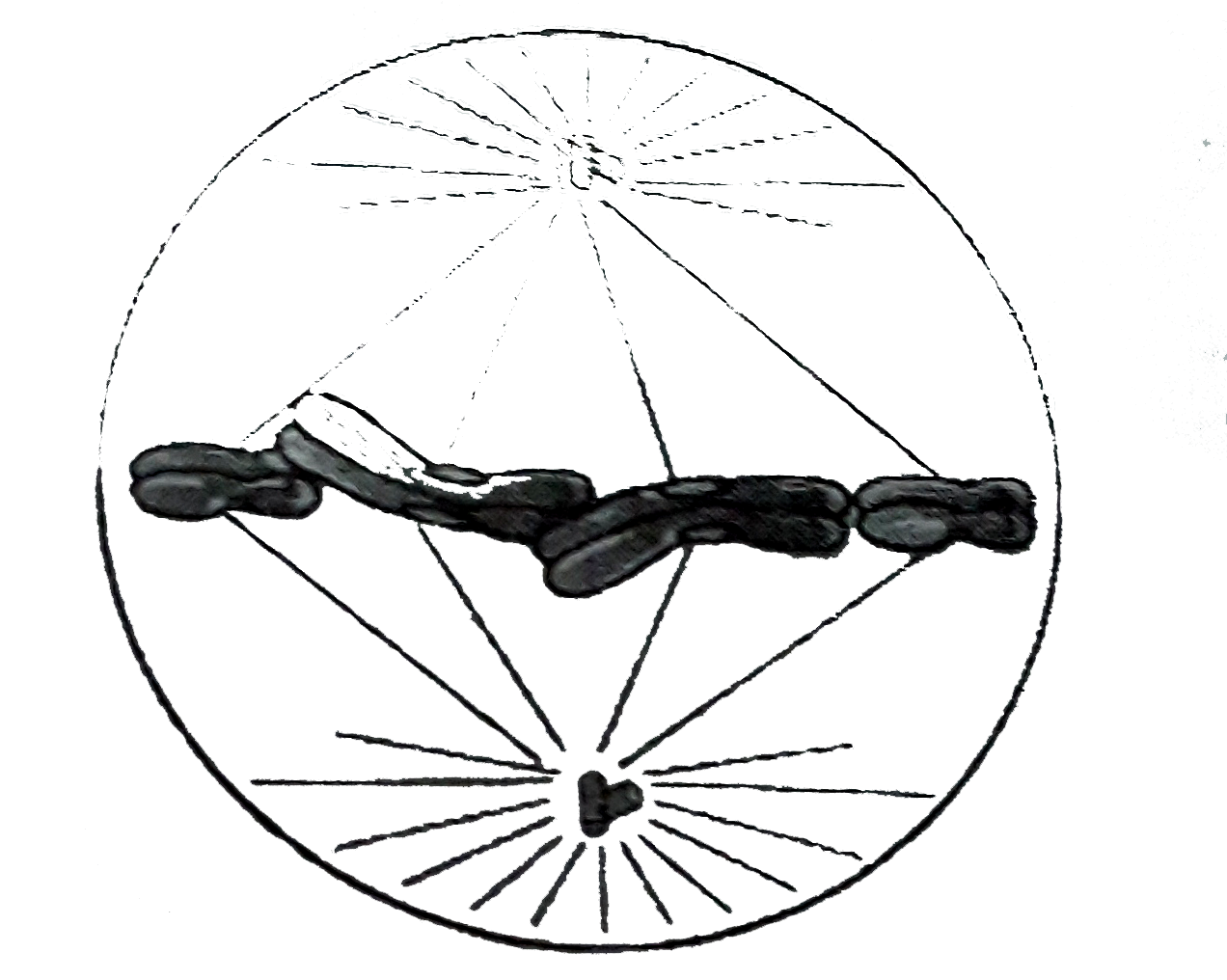Select the correct option with respect to thermal pollution.
Speeds up biodegradation of organic matter
Leads to the death of temperature- sensitive organisms
Increases the rate of metabolism and microbial activity
Enhances the growth of aquatic life without harming the indigenous species
The correct Answer is:B
Step-by-Step Solution:
1. Understanding Thermal Pollution:
- Thermal pollution refers to the sudden change in temperature of natural water bodies (like oceans, lakes, rivers, or ponds) due to human activities. This can be caused by industrial discharges, deforestation, or urban runoff.
Hint: Remember that thermal pollution is linked to human activities that affect water temperature.
2. Analyzing the Options:
- Option 1: "Speed of biodegradation of the organic matter."
- This statement is incorrect. Thermal pollution actually slows down the biodegradation process because it disrupts the natural ecosystem.
Hint: Consider how temperature affects the breakdown of organic materials in water.
3. Evaluating Option 2:
- "Leads to the death of temperature sensitive organisms."
- This statement is correct. Sudden temperature changes can be lethal to organisms that are sensitive to temperature fluctuations.
Hint: Think about how temperature changes can impact species that have specific temperature requirements.
4. Reviewing Option 3:
- "Increases the rate of metabolism and the microbial activity."
- This statement is incorrect. While warmer temperatures can increase metabolism, extreme thermal pollution can lead to stress and death in organisms, thereby reducing overall metabolic activity.
Hint: Consider the balance between temperature increase and the stress it causes to organisms.
5. Assessing Option 4:
- "Enhances the growth of the aquatic life without harming the indigenous species."
- This statement is also incorrect. Thermal pollution often harms indigenous species and disrupts the balance of aquatic ecosystems.
Hint: Reflect on how new species might thrive at the expense of native species due to temperature changes.
6. Conclusion:
- The correct option regarding thermal pollution is Option 2, as it accurately describes the impact of thermal pollution on temperature-sensitive organisms.
Final Answer:
The correct option with respect to thermal pollution is Option 2: "Leads to the death of temperature sensitive organisms."
- Thermal pollution refers to the sudden change in temperature of natural water bodies (like oceans, lakes, rivers, or ponds) due to human activities. This can be caused by industrial discharges, deforestation, or urban runoff.
- Option 1: "Speed of biodegradation of the organic matter."
- This statement is incorrect. Thermal pollution actually slows down the biodegradation process because it disrupts the natural ecosystem.
- "Leads to the death of temperature sensitive organisms."
- This statement is correct. Sudden temperature changes can be lethal to organisms that are sensitive to temperature fluctuations.
- "Increases the rate of metabolism and the microbial activity."
- This statement is incorrect. While warmer temperatures can increase metabolism, extreme thermal pollution can lead to stress and death in organisms, thereby reducing overall metabolic activity.
- "Enhances the growth of the aquatic life without harming the indigenous species."
- This statement is also incorrect. Thermal pollution often harms indigenous species and disrupts the balance of aquatic ecosystems.
- The correct option regarding thermal pollution is Option 2, as it accurately describes the impact of thermal pollution on temperature-sensitive organisms.
The correct option with respect to thermal pollution is Option 2: "Leads to the death of temperature sensitive organisms."
Topper's Solved these Questions
Similar Questions
Knowledge Check
Select the correct options
ADimensionally correct equation must be correctBDimensionally correct equation may be incorrectCDimensionally correct equation may be correctDDimensionally incorrect equation must be incorrectSelect the correct options
AWater potential of pure water is taken to be zero.BSolute potential is usually positive.CPressure potential is always negative.DAll of the above.
Select the correct options:AWater potential of pure water is taken to be zero.BSolute potential is usually positive.CPressure potential is always negative.DAll of the above.

 :
:
